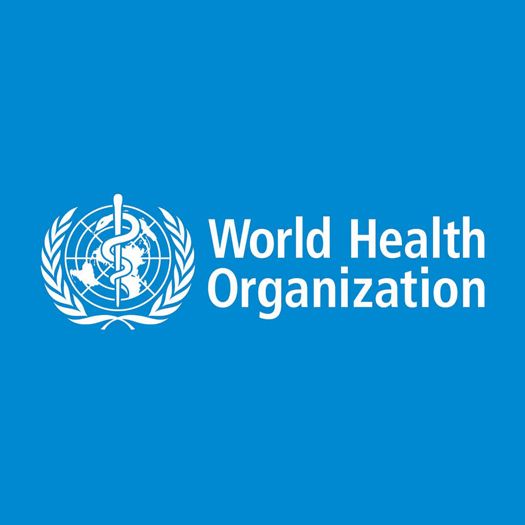No Time to Wait: Securing the future from drug-resistant infections
08.05.2019

The World Health Organization (WHO) has published a report on antimicrobial resistance. It was prepared by the Inter-Agency Antimicrobial Resistance Coordination Group (IACG). The document notes that antimicrobial resistance is a global crisis and there is no time to wait to overcome it. To tackle antimicrobial resistance and achieve Sustainable Development Goals, targeted actions are needed within the framework of the One Health response concept based on a shared vision and goals.
Key messages in the report
• Antimicrobial resistance is a global crisis that threatens a century of progress in health and achievement of the Sustainable Development Goals.
• Antimicrobial (including antibiotic, antiviral, antifungal and antiprotozoal) agents are critical tools for fighting diseases in humans, terrestrial and aquatic animals and plants, but they are becoming ineffective.
• Alarming levels of resistance have been reported in countries of all income levels, with the result that common diseases are becoming untreatable, and lifesaving medical procedures riskier to perform.
• Antimicrobial resistance poses a formidable challenge to achieving Universal Health Coverage and threatens progress against many of the Sustainable Development Goals, including in health, food security, clean water and sanitation, responsible consumption and production, and poverty and inequality.
• Misuse and overuse of existing antimicrobials in humans, animals and plants are accelerating the development and spread of antimicrobial resistance.
• Drug-resistant diseases already cause at least 700,000 deaths globally a year, including 230,000 deaths from multidrug-resistant tuberculosis, a figure that could increase to 10 million deaths globally per year by 2050 under the most alarming scenario if no action is taken. Around 2.4 million people could die in high-income countries between 2015 and 2050 without a sustained effort to contain antimicrobial resistance.
• The economic damage of uncontrolled antimicrobial resistance could be comparable to the shocks experienced during the 2008-2009 global financial crisis as a result of dramatically increased health care expenditures; impact on food and feed production, trade and livelihoods; and increased poverty and inequality.
• In higher-income countries, a package of simple interventions to address antimicrobial resistance could pay for itself due to costs averted. In lower-income countries, additional but still relatively modest investments are urgently needed
Because the drivers of antimicrobial resistance lie in humans, animals, plants, food and the environment, a sustained One Health response is essential to engage and unite all stakeholders around a shared vision and goals.
• National Antimicrobial Resistance Action Plans are at the heart of a multisectoral One Health response, but financing and capacity constraints in many countries need to be urgently addressed to accelerate implementation.
• Strengthening infection prevention and control in health care facilities and farms using available tools and ensuring access to clean water, sanitation and hygiene in health facilities, farms, schools, household and community settings are central to minimizing disease transmission and the emergence and transmission of antimicrobial resistance in humans, animals, plants, food and the environment.
• Strengthening surveillance, regulatory frameworks, professional education and oversight of antimicrobial prescription and use, and increasing awareness among all stakeholders are also significant challenges that need to be urgently addressed to ensure the responsible use of antimicrobials and to minimize resistance in humans, animals, plants, food and the environment.
• Immediately stopping the use of the antimicrobials on the WHO List of Highest Priority Critically Important Antimicrobial Agents for Human Medicine as growth promoters is an essential first step towards completely phasing out the use of antimicrobials for growth promotion.
Summary of Interagency Coordination Group on Antimicrobial Resistance (IACG) recommendations
- Accelerate progress in countries
- Innovate to secure the future
- Collaborate for more effective action
- Invest for a sustainable response
- Strengthen accountability and global governance.
The full report is available here: https://www.who.int/antimicrobial-resistance/interagency-coordination-group/IACG_final_report_EN.pdf?ua=1

